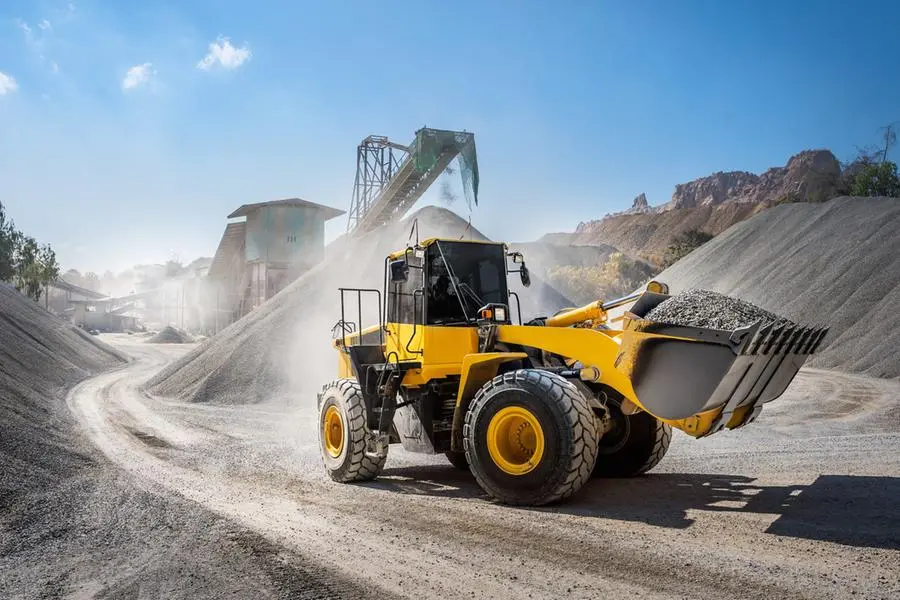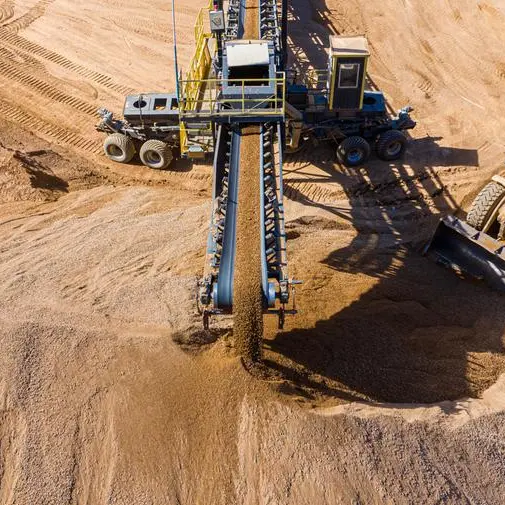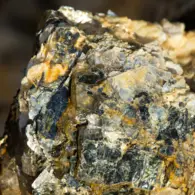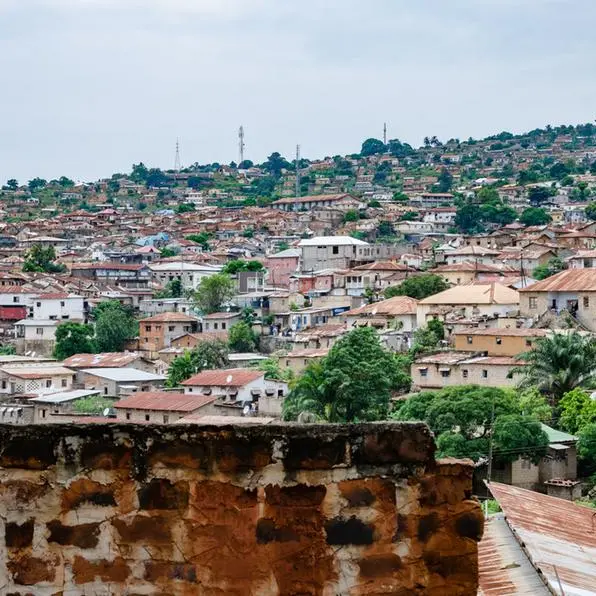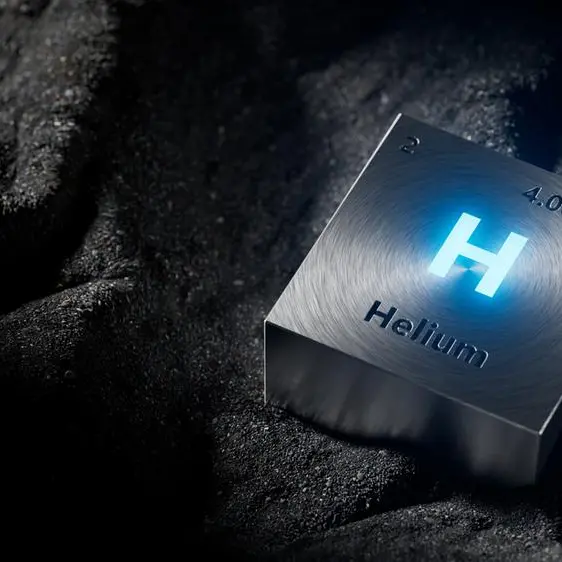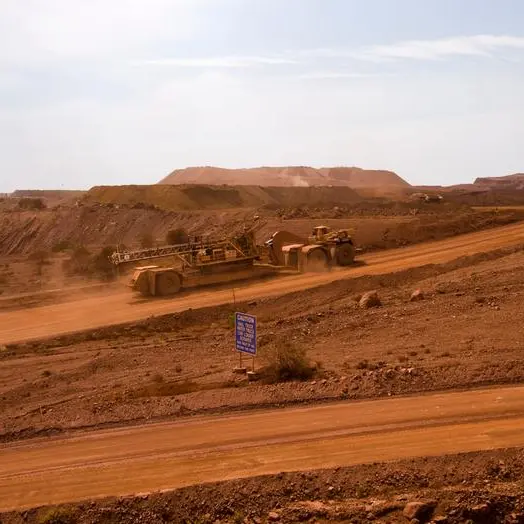PHOTO
Egypt has launched a landmark plan to verify its proven phosphate reserves with the aim of building new plants and expanding exports of phosphate-related industries.
The Petroleum and Mineral Resources Ministry is working on a database with the help of public phosphate companies to obtain accurate evaluation of the reserves.
Initial estimates prepared by the Ministry show Egypt may have nearly 80 billion tonnes of phosphate ore in place, of which at least 90 million tonnes are currently extractable, Ministry officials said, quoted by Egypt’s Addustour Arabic language daily on Tuesday.
“The Ministry is currently implementing an ambitious plan to confirm the country’s phosphate ore reserves. This plan is being implemented through state-owned companies operating in this field,” the report said.
“The aim of the plan is to prepare an accurate database on confirmed ore reserves, in preparation for the establishment of several phosphate fertiliser plants currently being equipped in strategic areas,” it added.
The report quoted the sources as saying the Ministry has also drawn up plans to “transform phosphate ore from a mere exported raw material into a high-value industrial product that contributes to supporting agriculture and industry and enhances the country's ability to achieve self-sufficiency and supply global markets.”
Ministry figures showed Egypt produces nearly six million tonnes of phosphate ores, of which around four million tonnes are exported, fetching over $250 million annually.
In a report last year, the Ministry said it aims to attract fresh investments into its phosphate industry to tap its massive deposits.
It noted that Egypt is currently ranked the world’s 10th largest raw phosphates producer and that new reserves estimates could be released in the near future.
Petroleum and Mineral Resources Minister Karim Badawi said in February that Egypt has devised plans to attract investment into new mining projects in 2025 within a strategy to tap its mineral wealth.
“We have plans to offer new mining investment opportunities in 2025 within a strategy to exploit our mineral wealth and stimulate the national economy,” Badawi said.
(Writing by Nadim Kawach; Editing by Anoop Menon)
Subscribe to our Projects' PULSE newsletter that brings you trustworthy news, updates and insights on project activities, developments, and partnerships across sectors in the Middle East and Africa.
